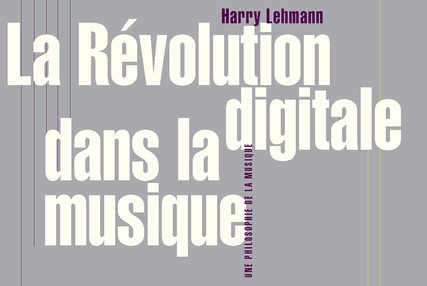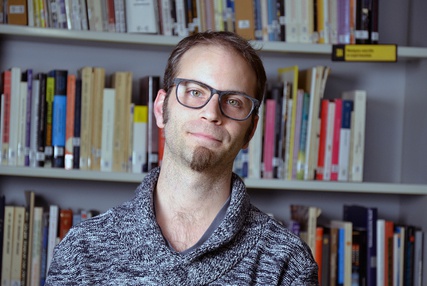Analyse des pratiques musicales
Pour ce faire, elle développe une approche à la fois empirique (en empruntant ses outils aux sciences sociales comme aux sciences cognitives), intégrative (en connectant les objets, pratiques, et discours musicaux à des questions théoriques d’ordre général), et contextuelle (en abordant les pratiques considérées en tant que complexités dynamiques et socialement situées).
Les travaux de l’équipe sont diffusés par des publications et colloques au sein des différentes communautés scientifiques concernées (musicologie, histoire, philosophie, esthétique, sciences cognitives, sociologie, critique génétique, anthropologie, étude des sciences et des techniques); ils font aussi l’objet d’autres formes de dissémination: courts-métrages documentaires, enseignements universitaires et auprès d’un plus large public, développements informatiques, conférences-performances, enregistrements, etc.
Principales thématiques
- Analyse des processus de création
- Pratiques musicales et action collective
- Histoire des pratiques musicales et scientifiques et de leurs interactions
- Musique mixte et électroacoustique
- Performance studies
- Histoire et esthétique des avant-gardes musicales
- Sound Studies
- Musicologie & SHS
- Esthétique philosophique
- Temporalité et spatialité musicales de la conscience morbide
- Dire la musique
- Instruments of Improvisation
- Histoire de l’acoustique musicale en France
- Accorder le monde
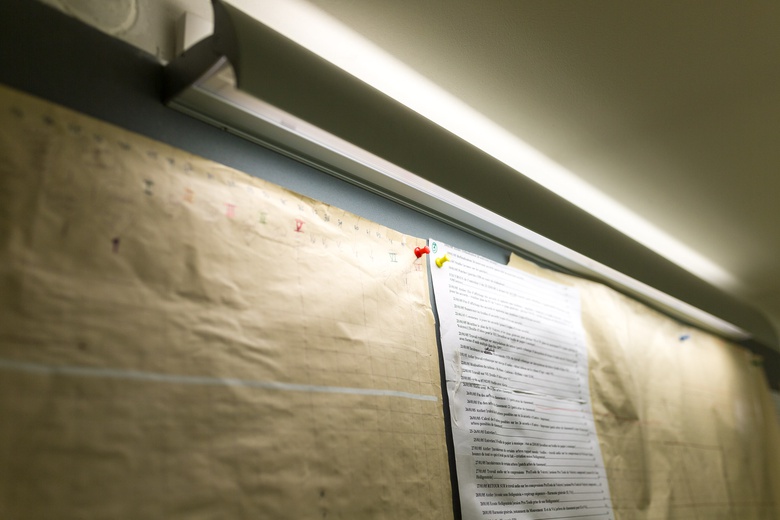 © Philippe Barbosa
© Philippe Barbosa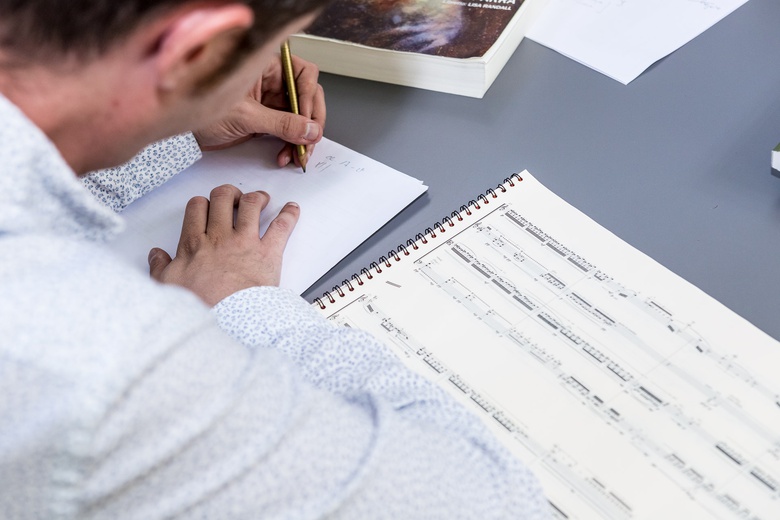 © Philippe Barbosa
© Philippe Barbosa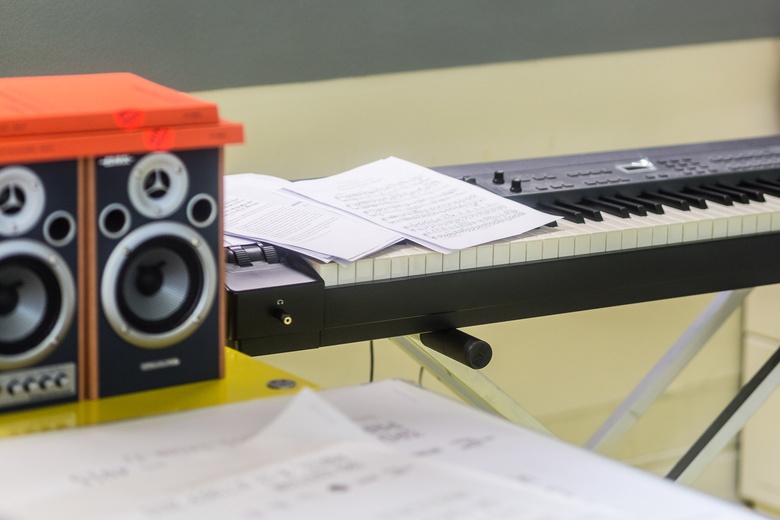 © Philippe Barbosa
© Philippe Barbosa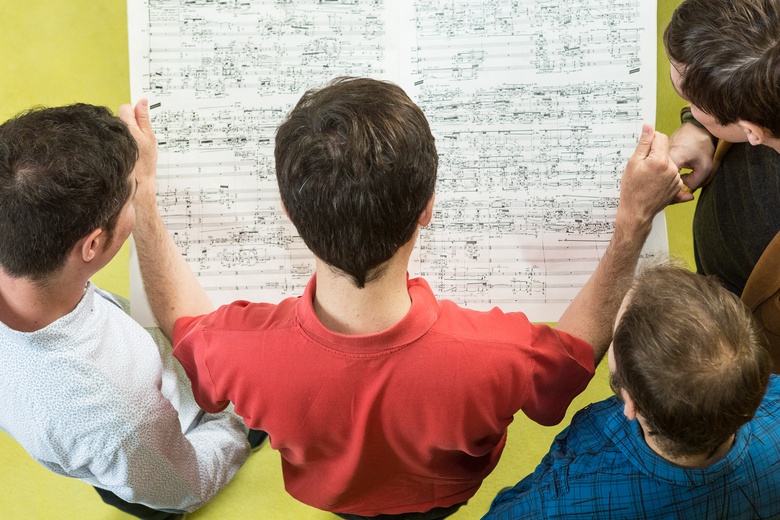 © Philippe Barbosa
© Philippe Barbosa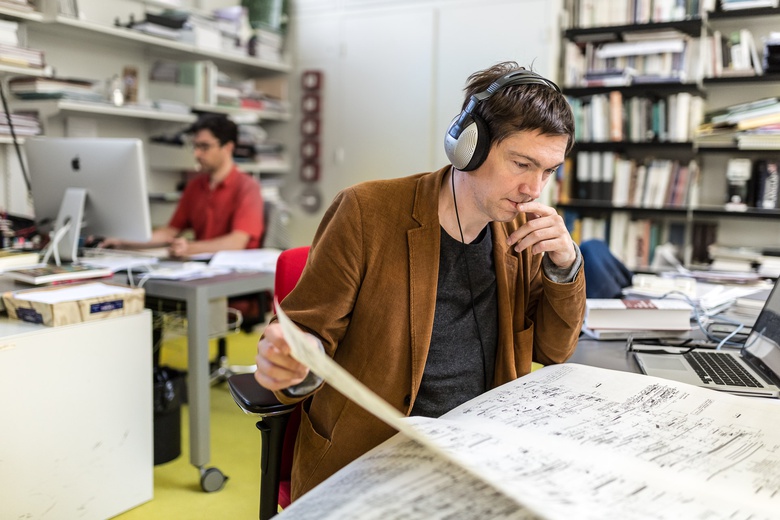 © Philippe Barbosa
© Philippe Barbosa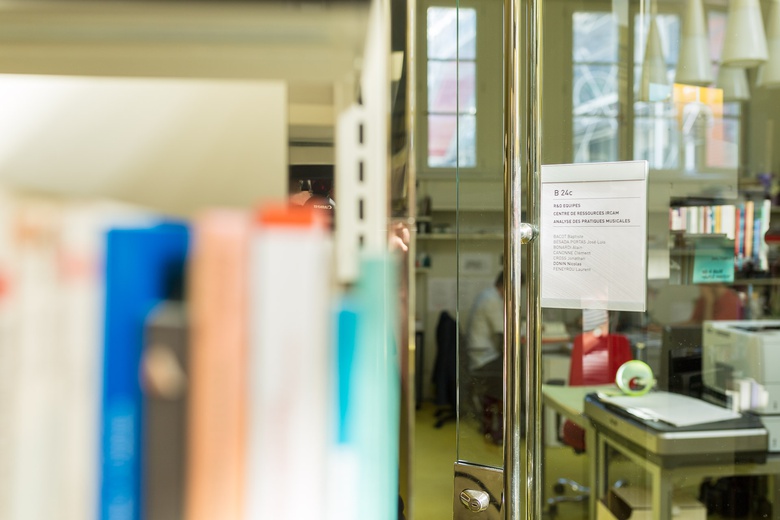 © Philippe Barbosa
© Philippe Barbosa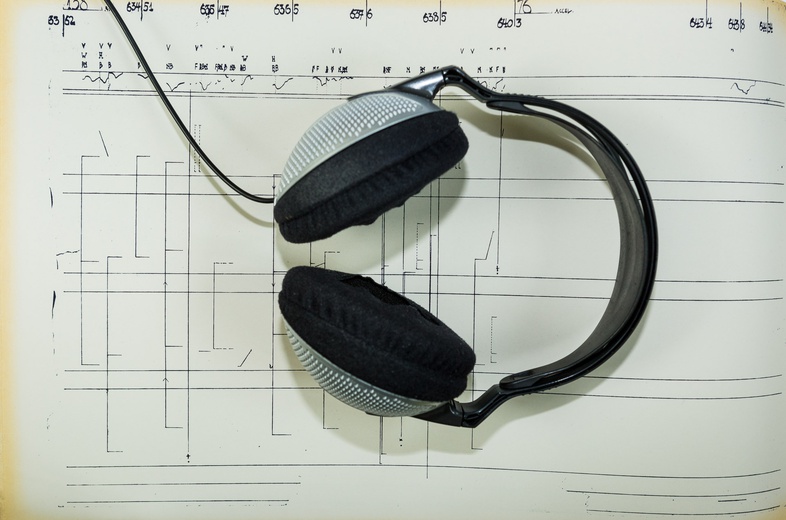 © Philippe Barbosa
© Philippe Barbosa
Collaborations
Centre de recherches sur les arts et le langage (EHESS, CNRS), CEaC/université de Lille-3, Conservatoire national supérieur de musique et de danse de Paris, Haute école de musique/conservatoire de Genève, Institut des textes et manuscrits modernes (CNRS-ENS Ulm), OICCM/université de Montréal.
Domaines de recherche et projets associés
Accorder le monde
Un siècle de négociations internationales autour du "la"
Dire la musique
Soixante-six d’ans d’écrits de compositeurs (1950-2020)
Music & Fun
Enquêtes, analyses et expériences autour des œuvres et des pratiques dont le but est de susciter l’amusement
Musique et Maladie
Étudier comment les œuvres musicales reflètent des pathologies, mentales ou somatiques
Projets nationaux et européens
ACTOR
Analyse, Création et Pédagogie de l'Orchestration
DAFNE+
Decentralized platform for fair creative content distribution empowering creators and communities through new digital distribution models based on digital tokens
MICA
Improvisation Musicale et Action Collective
RAMHO
Recherche et Acoustique Musicales en France après 1945 : une Histoire Orale
Wasabi
Web Audio Semantic Aggregated in the Browser for Indexation
Équipe
Responsable d'équipe : Clement Canonne
Chercheur.e.s & ingénieur.e.s : Pierre Thévenin, Pierre Saint-Germier, François-Xavier Féron, Laurent Feneyrou, Clement Canonne, Fanny Gribenski
Doctorant.e.s : Nicolas Souchal, Sébastien Roux







